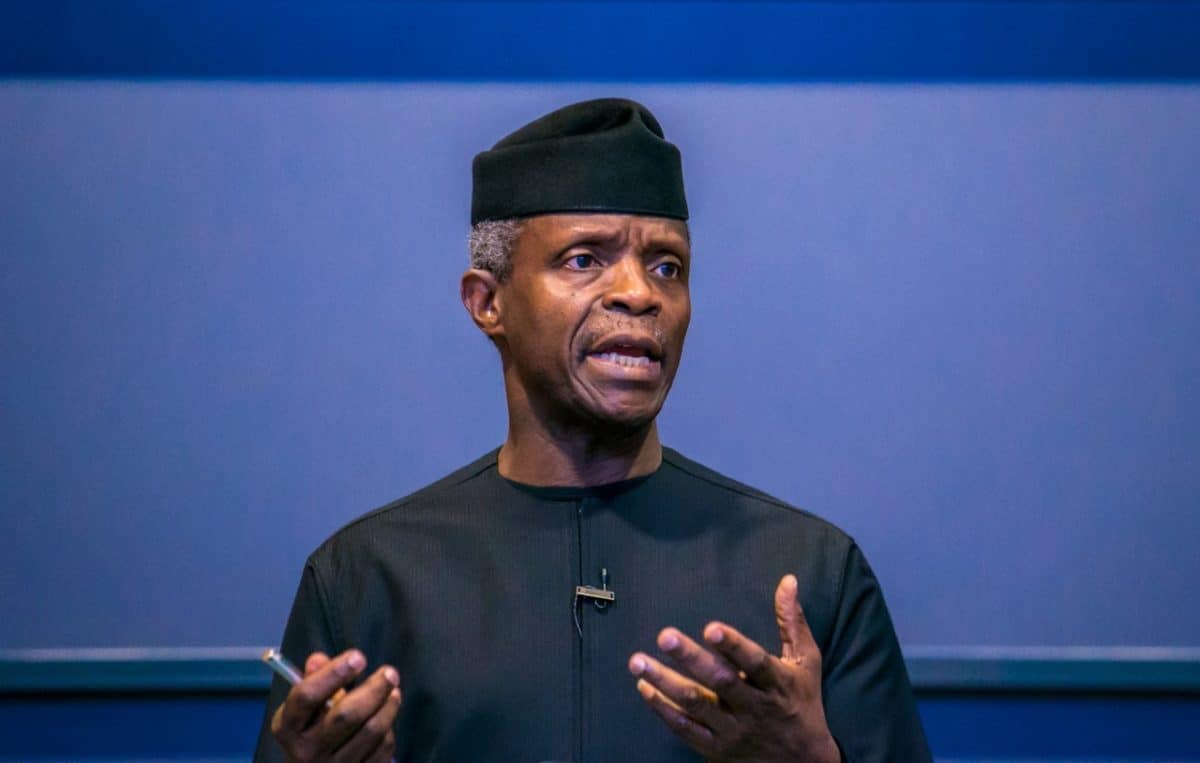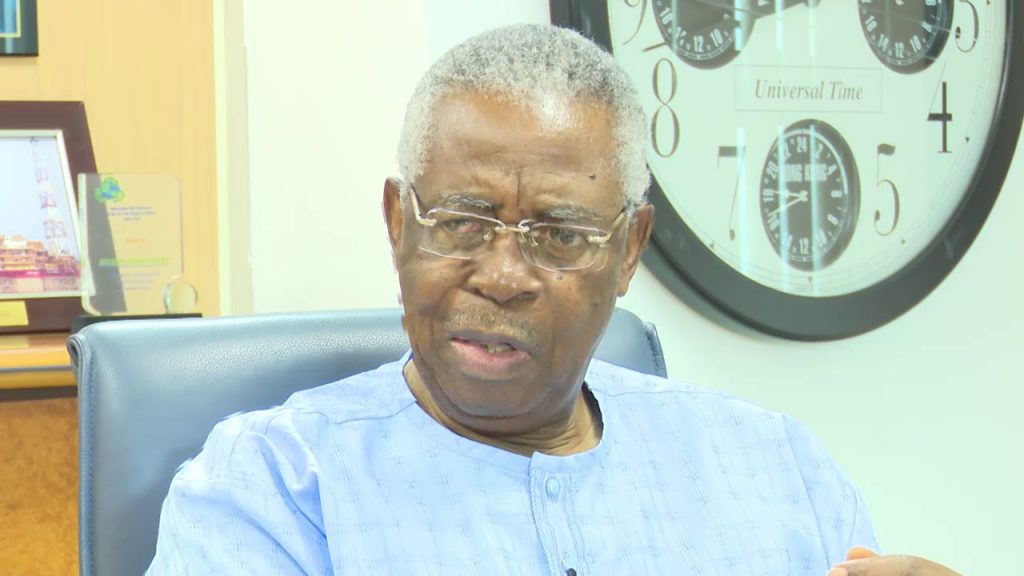Osinbajo Alleges COVID-19 Exposed Nigeria’s Poor Health System, Despite Years Of Complaints

Vice President Yemi Osinbajo has alleged that the COVID-19 pandemic unearthed Nigeria’s weak health system despite years of complaints of negligence by health stakeholders, including the country’s first lady Aisha Buhari.
Mrs Buhari had criticised Nigeria’s poor health care system before the outbreak of COVID-19, criticizing the handlers of State House Clinic for not having elementary drugs and other useful medical equipment in spite of annual budgetary allocation.
“Our experience in the last one year of COVID-19 in Nigeria has exposed the vulnerability of our health system and the importance of preparedness, diagnosis, and response mechanism,” said Mr Osinbajo.
Mr Osinbajo further alleged that the accomplishment of universal health coverage for all Nigerians was at the heart of the human capital development of the federal government.
He gave the confidence on the second day of the ‘Fourth Annual Legislative Summit on Health’ on Monday in Abuja.
The Vice President, represented by the Minister of State for Health, Olorunnimbe Mamora, said, “The theme of the summit clearly suggests that there is connection between UHC and health security.
“I believe that at the end of this summit, that link will even be made clearer. However, there are different understanding of what is meant by the concept of health security.”
While speaking further, he noted, “According to the World Health Organisation, global public health security is defined as activities required, both proactive and active, to minimise the danger and impact of acute public health events that endanger people’s health across geographical regions and international boundaries.”
He asserted that one of such assertive steps was to ensure that the government set funds aside for public health emergencies.
“Such fund should only be utilised when a public health emergency is declared, while the legislature must ensure that adequate budgetary allocation was made for preparedness activities.
“Reactive and response activities must also include ensuring the continuity of routine services such as immunisation and family planning, as well as keeping diseases like malaria in check,” Mr Osinbajo explained.




